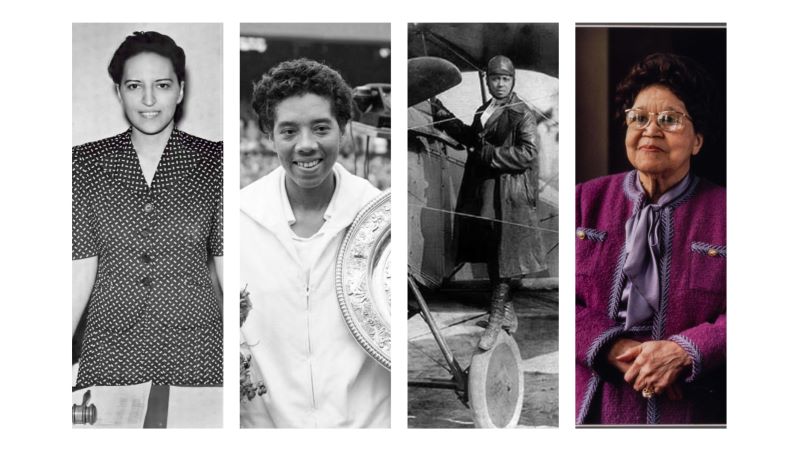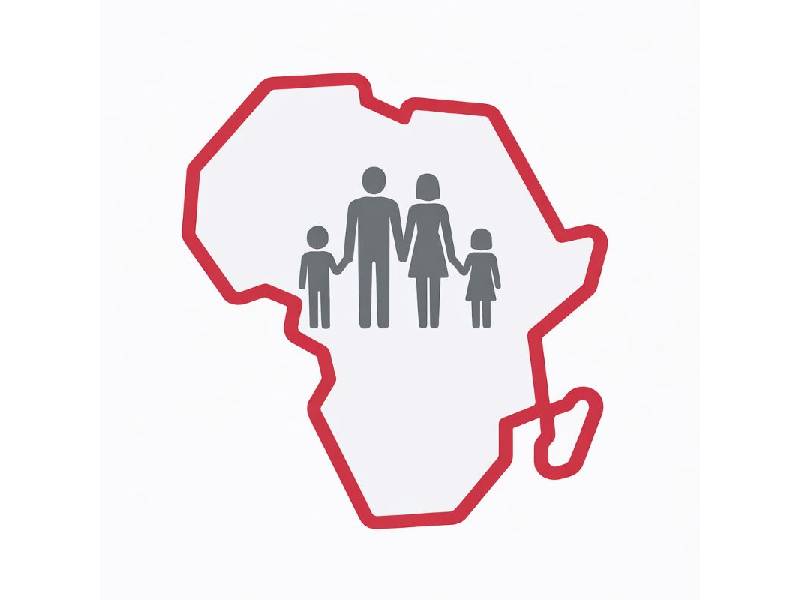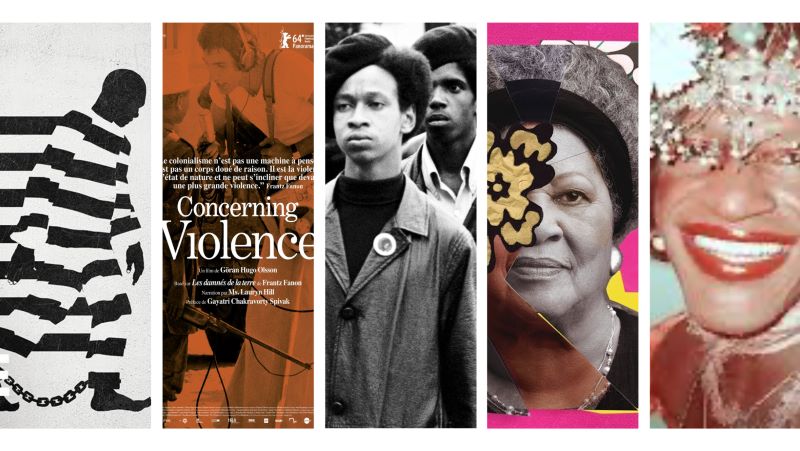Happy Independence Day, Mauritius. Mauritius gained independence from the British today in 1968. In honor of this, we’ll explore the history and development of human settlement on this East African island. Let’s jump right in!
Mauritius was initially formed in the aftermath of a huge shield volcano’s eruption. It was once the home of the now-extinct dodo bird, and is abundant with exotic birds, deer subspecies, and more.
Arab Moors are the first people known to sight the island, which they called ‘Dina Arobi’ or Abandoned Island. However, it was the Portuguese that first set foot on the island in 1500 and began to make pit stops there. The Dutch, French, and British colonized the island. The mixture of these influences is evidenced in the languages of the people. English is the official language, and a French-based Creole is also widely spoken.
(A woman picking tea in Mauritius)
More than 66 percent of the population are the descendants of indentured laborers brought in from India and Pakistan during the early 1900s to work for the British Empire. About 27 percent of the inhabitants are Creole, mixed with African, Indo-Pakistani, and Caucasian. There is also a small percent of Chinese and Franco-Mauritian people in the population.
Many of the enslaved Africans that were brought to Mauritius were previously enslaved before arriving. The Dutch began this phenomenon by bringing enslaved populations from Madagascar in 1639. The French then began bringing enslaved Africans to the country from places like Zanzibar in 1769. By the time the British outlawed slavery in 1835, slaves from Madagascar, East Africa and India made up two-thirds of the population. A town was then settled at the bottom of Le Morne Mountain for the newly freed population.

Due to the various cultures and multi-ethnic identities that exist on the island, Mauritius has become known for its tolerance of those from different backgrounds. However, like in any other society, inequality still exists.
Thanks for reading!
Citations
https://issafrica.org/iss-today/does-mauritius-have-an-identity-crisis
https://www.britannica.com/place/Mauritius
https://mauritianarchaeology.sites.stanford.edu/history
https://thecommonwealth.org/our-member-countries/mauritius/history
https://mauritianarchaeology.sites.stanford.edu/history
https://funtimesmagazine.com/wp-content/uploads/2024/12/1-985.png
https://funtimesmagazine.com/wp-content/uploads/2024/12/1-985.png






